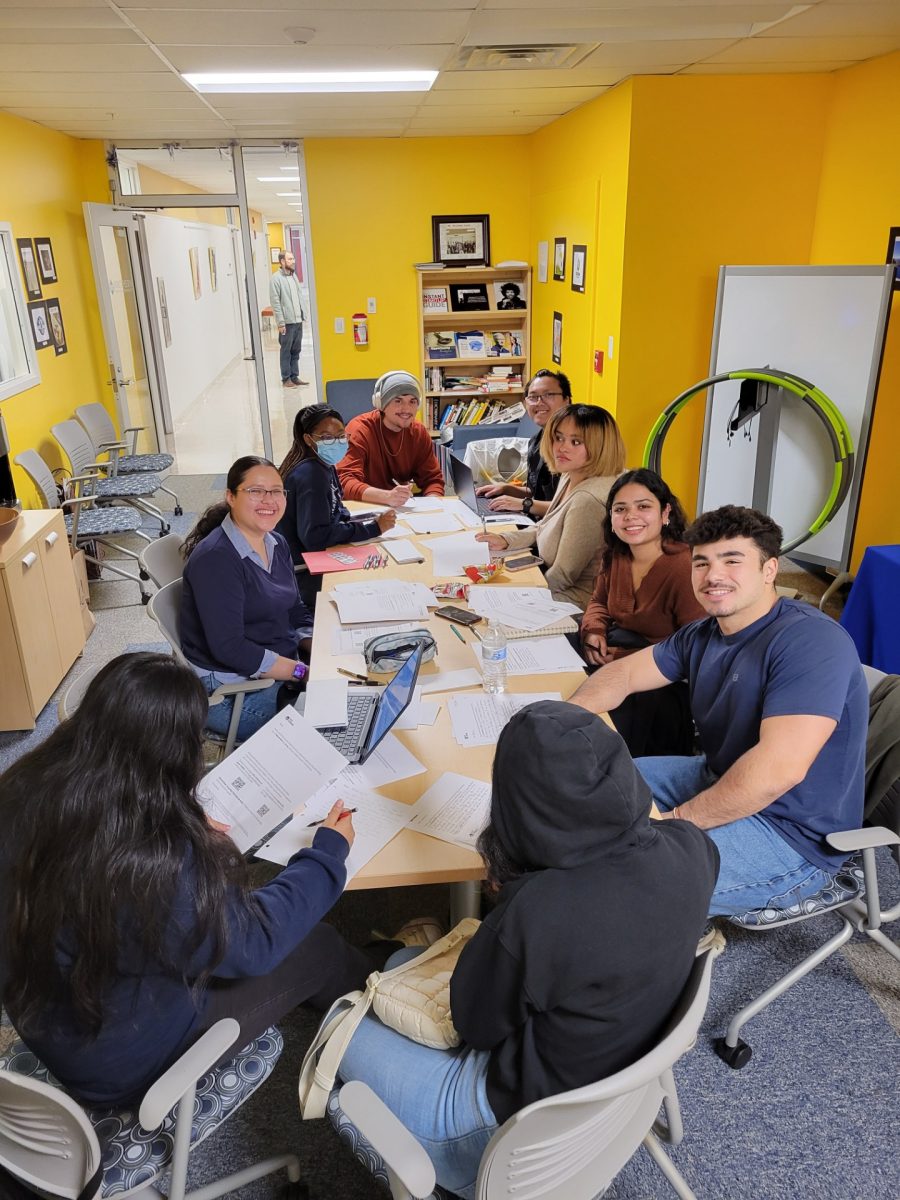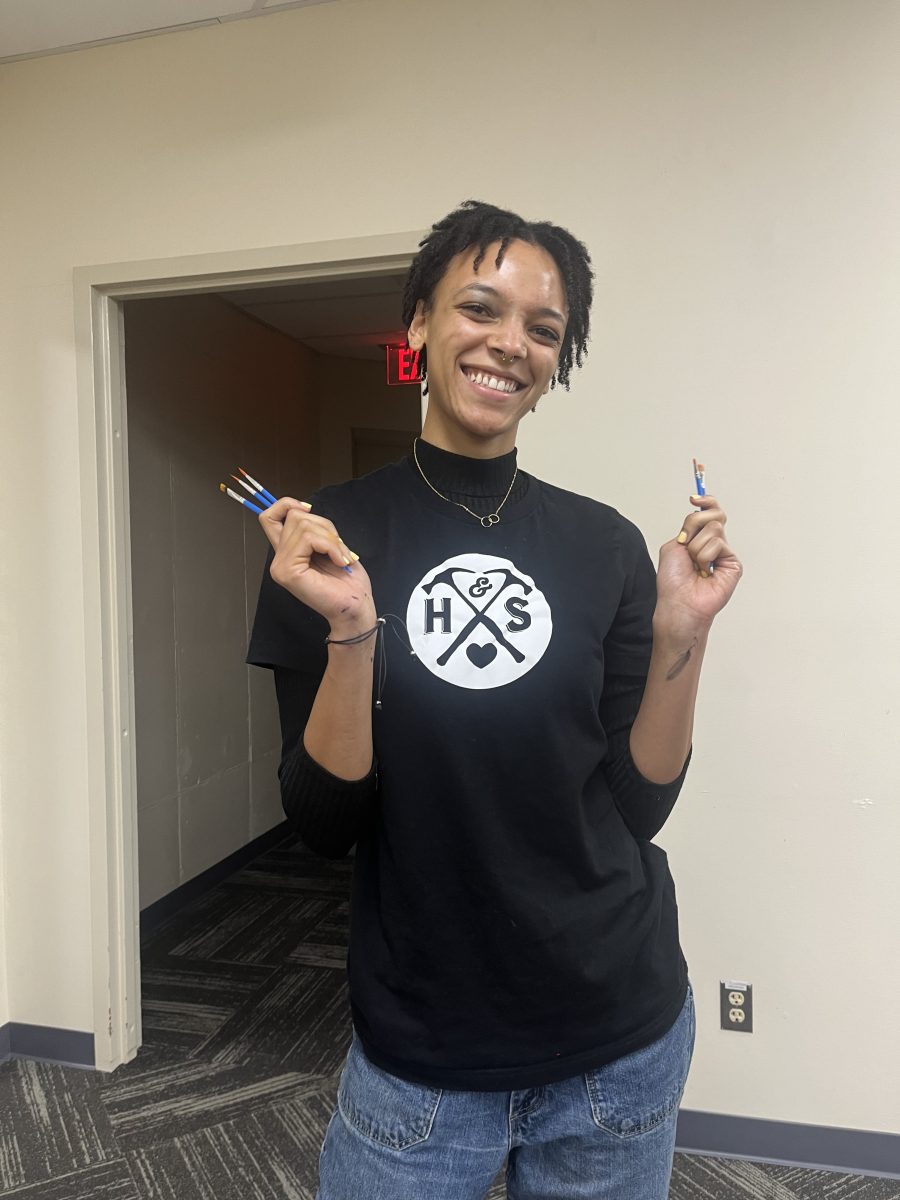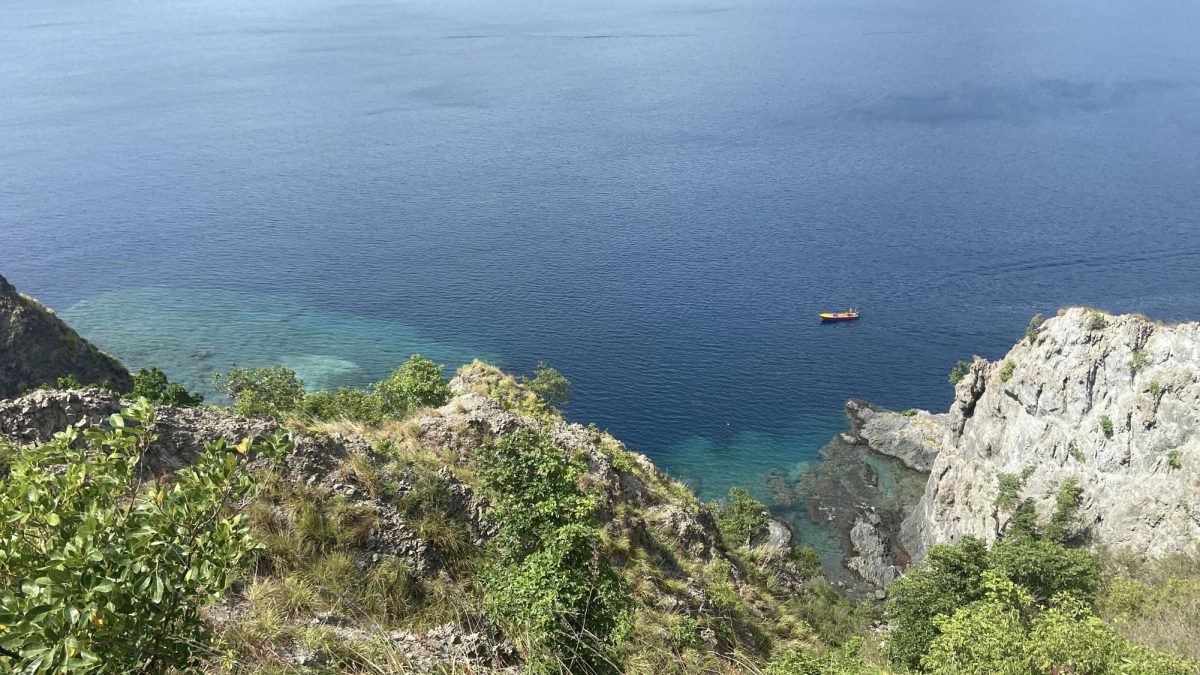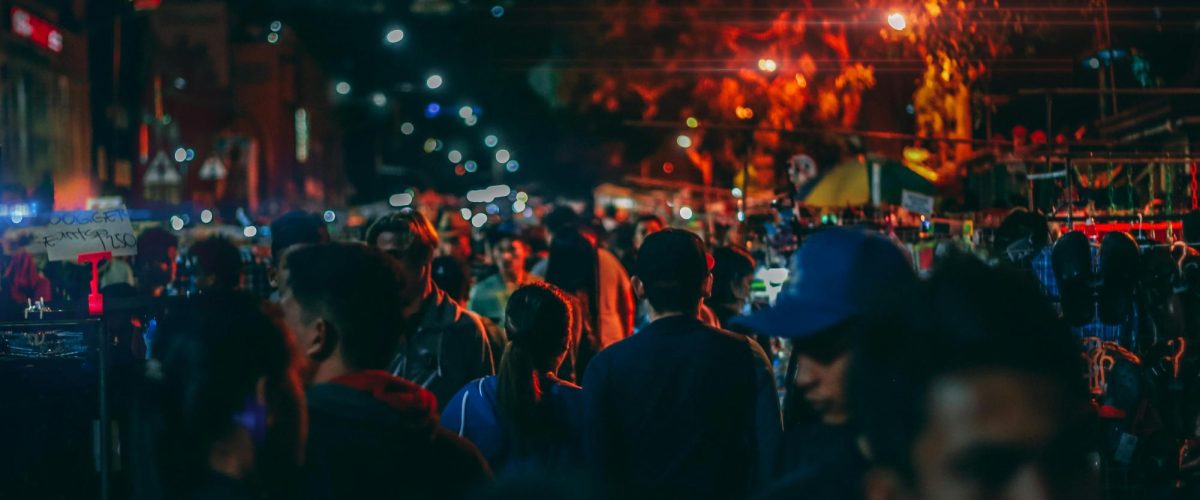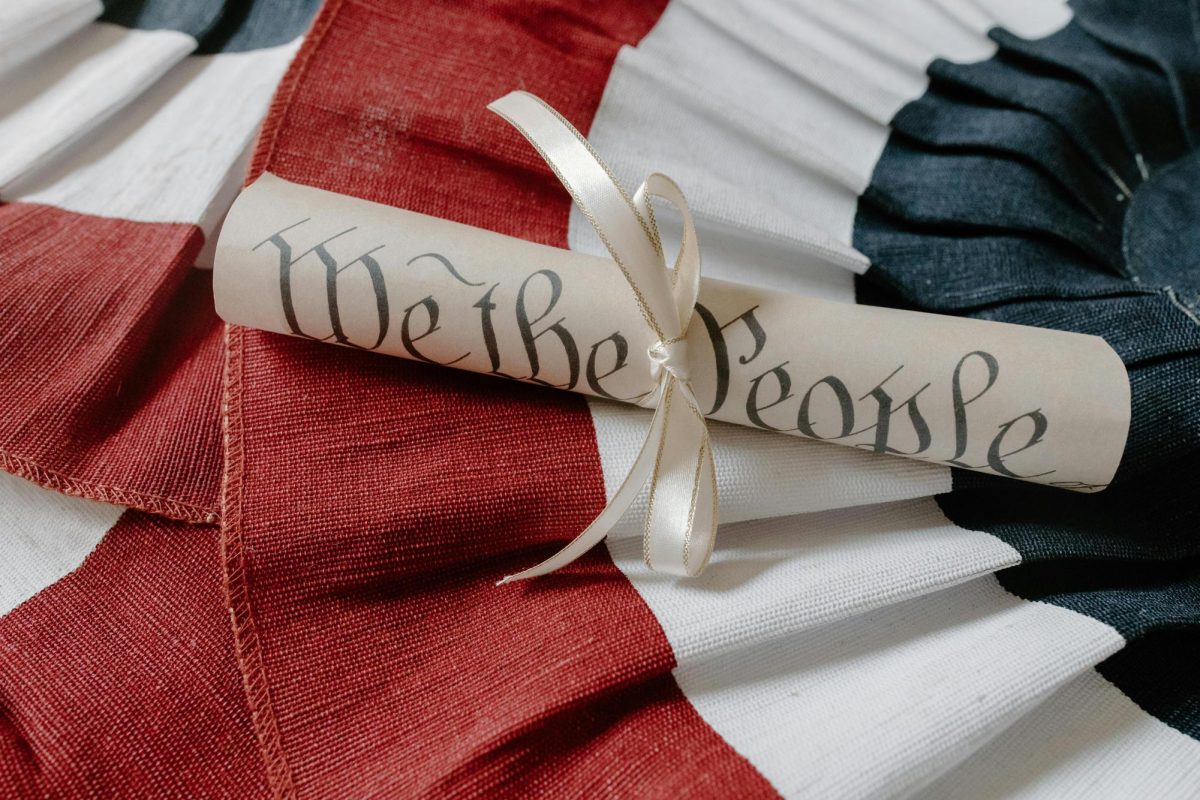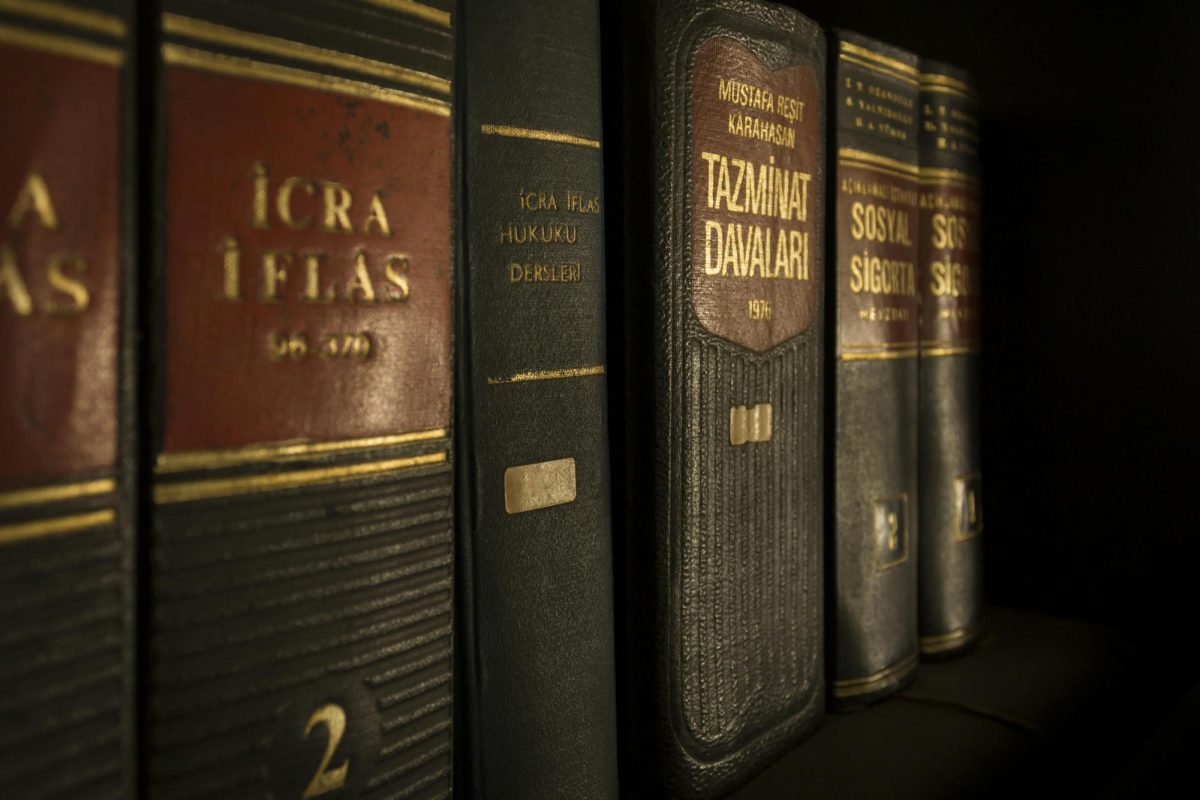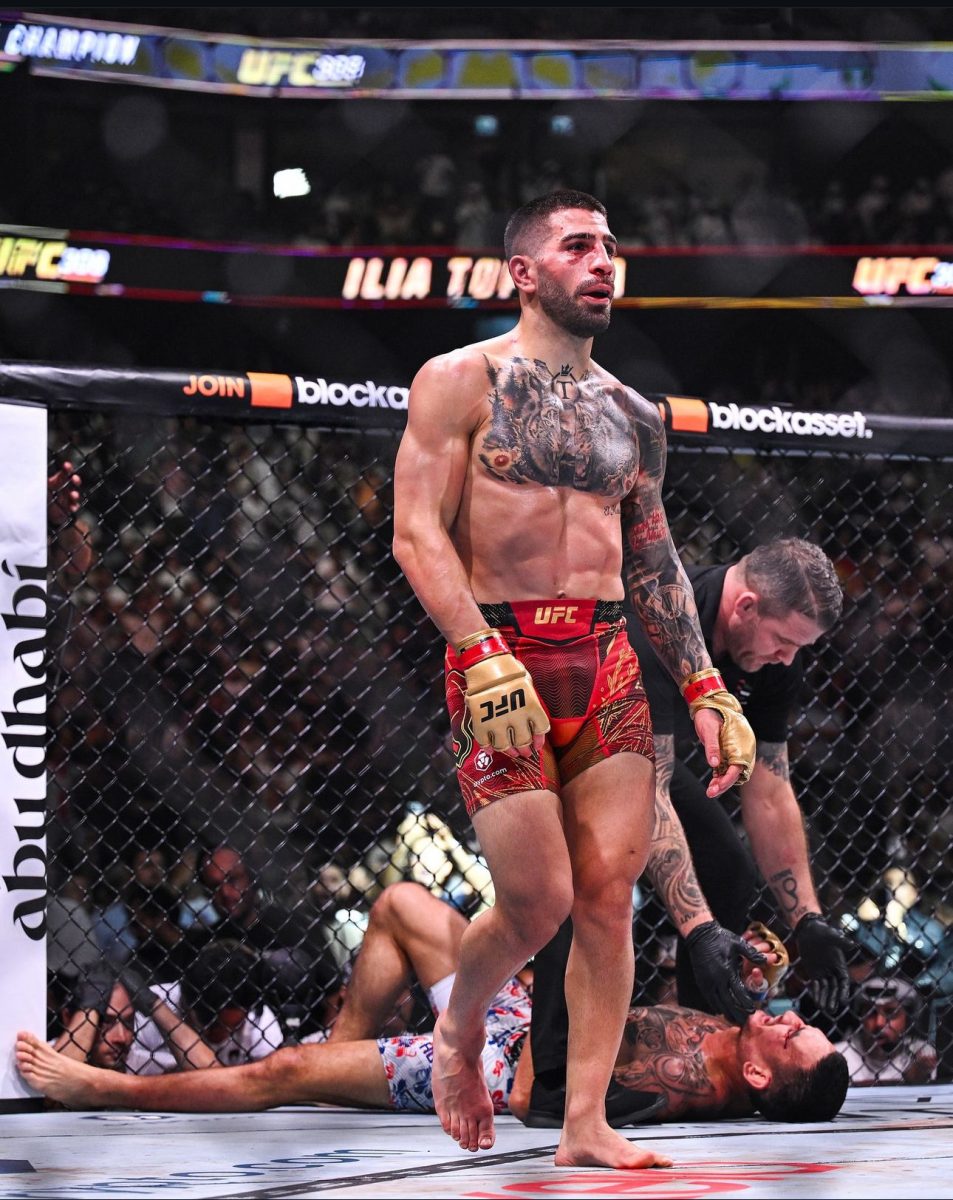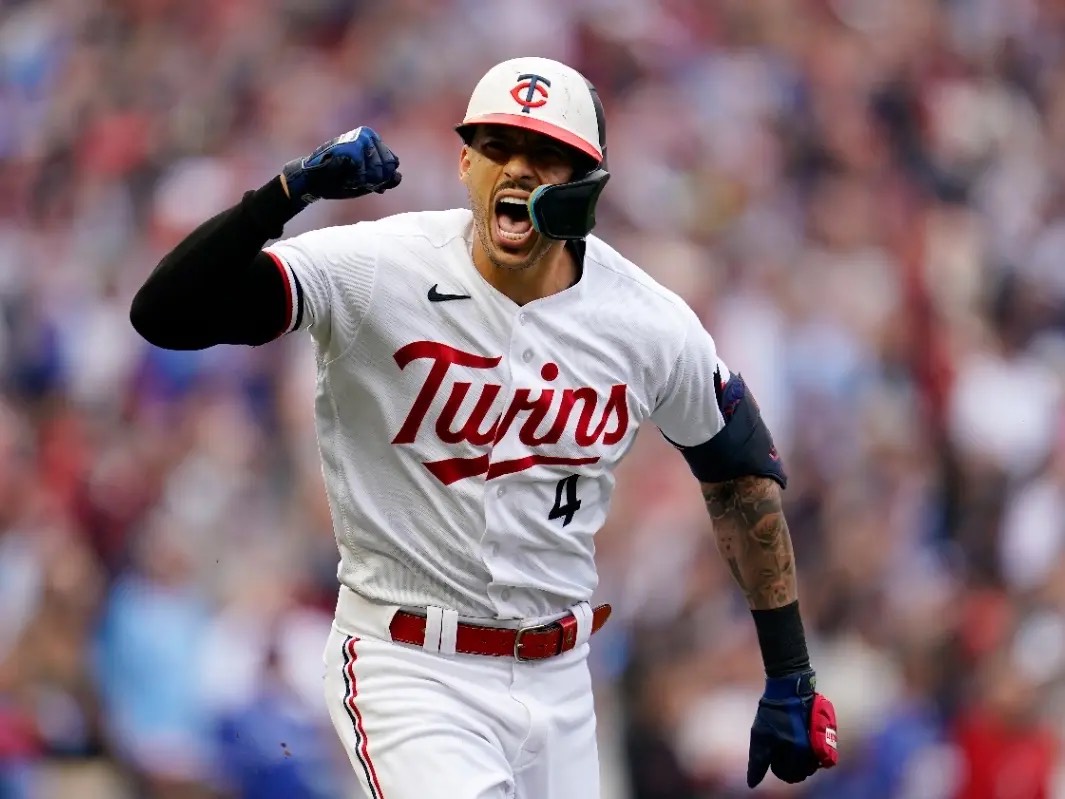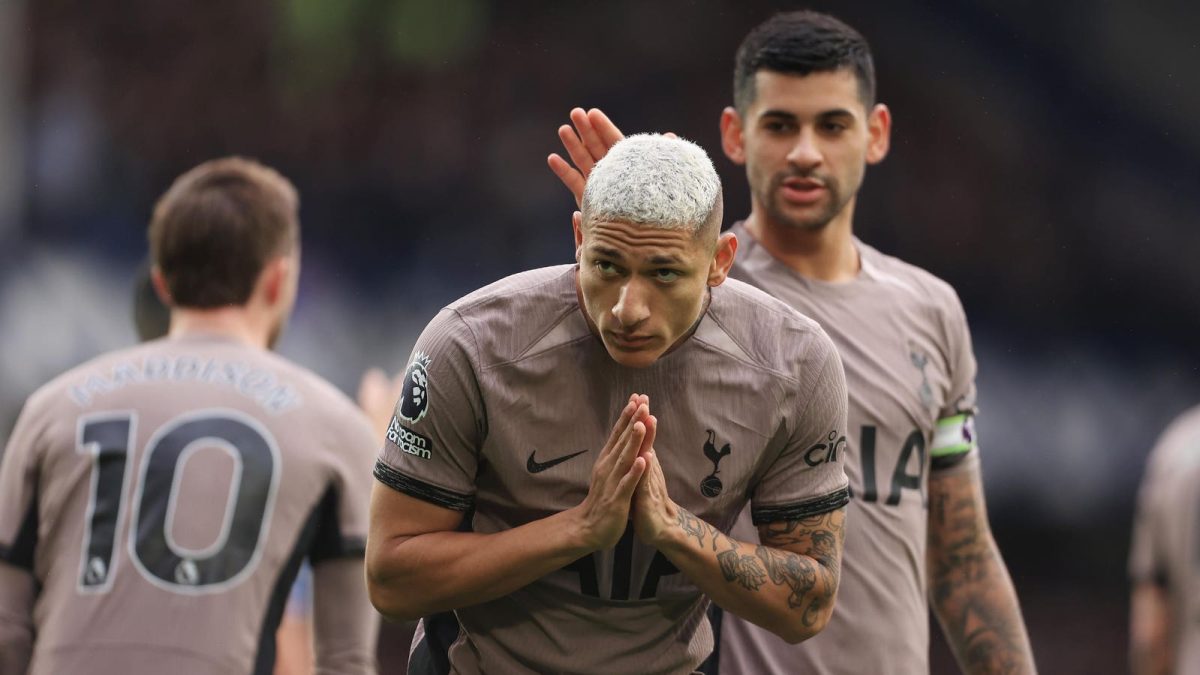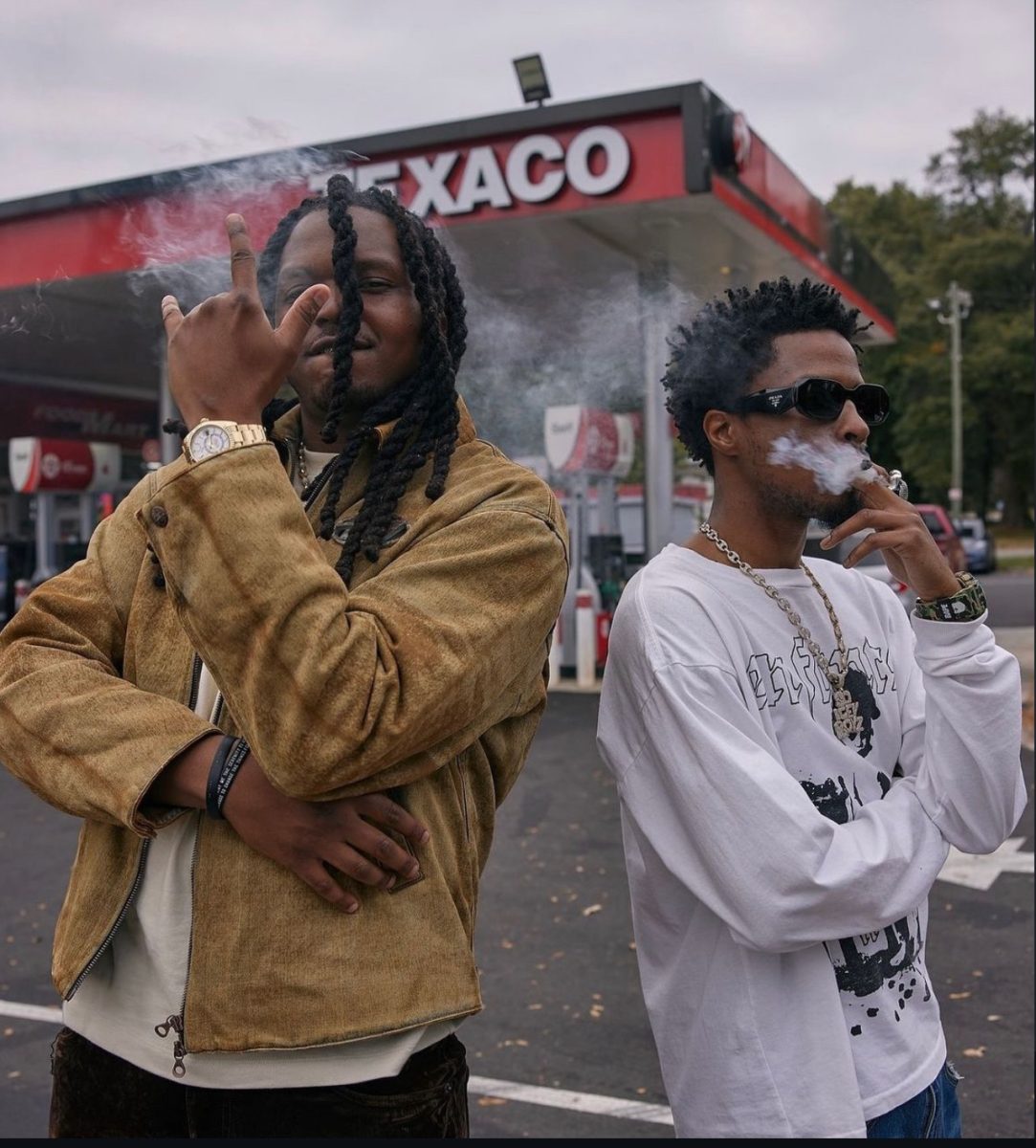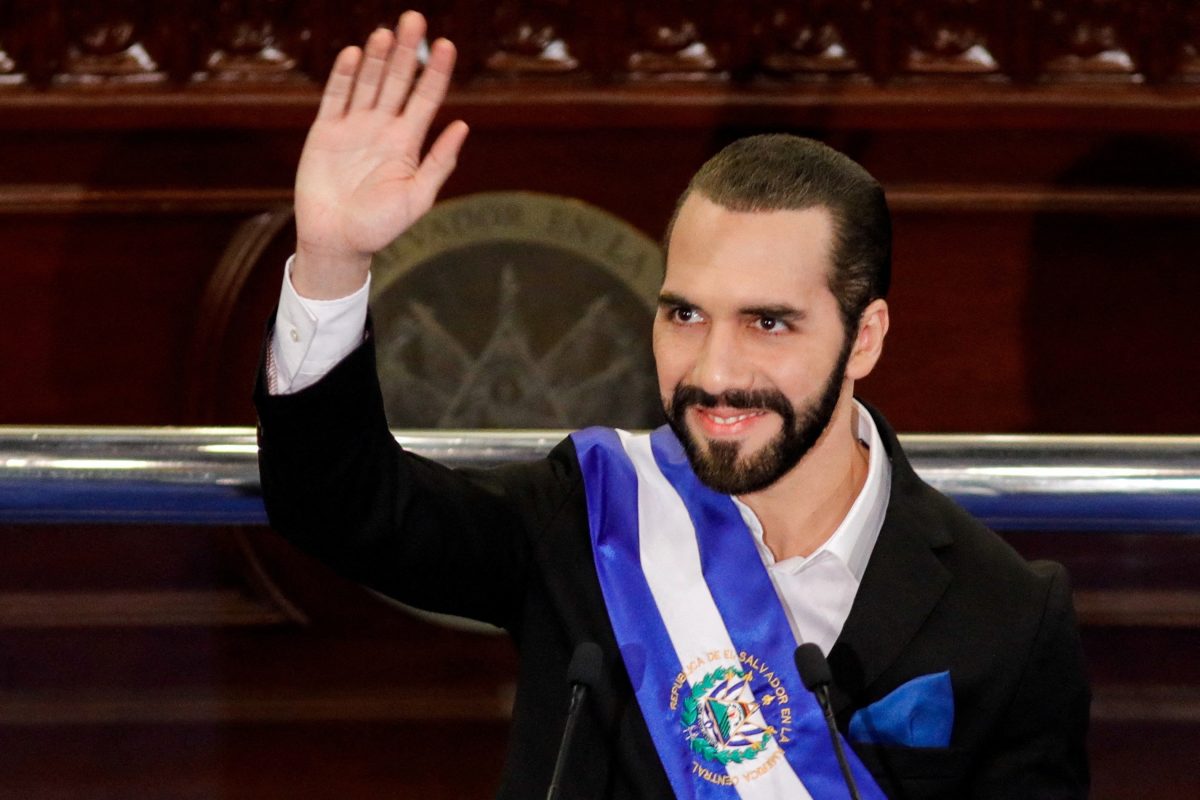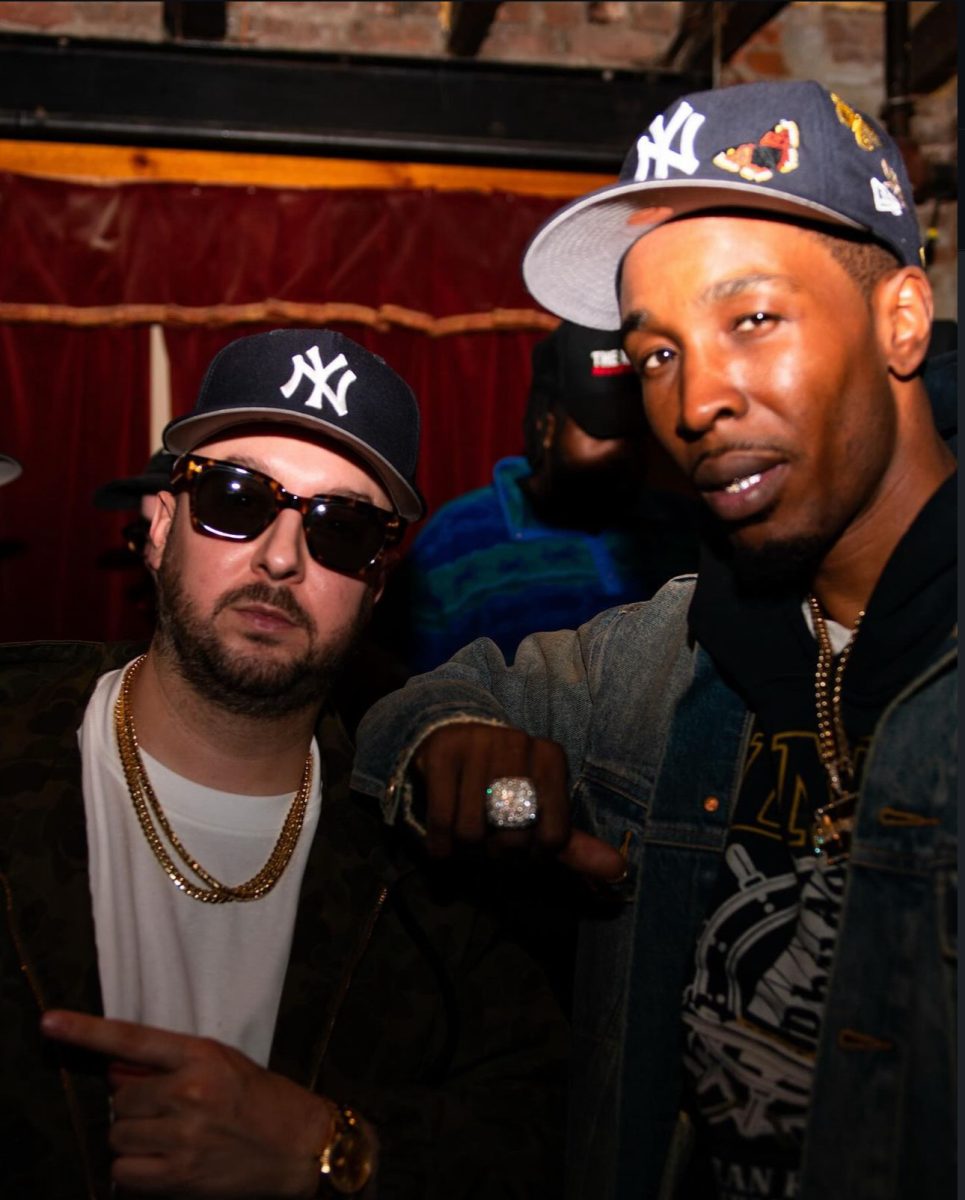Written by Mauro Torres
On February 4th, 2024, Nayib Bukele was elected to a 2nd term as President of El Salvador. This was a historic election for several reasons, the first being that this was the first time that a president was elected to a second term. El Salvador’s Supreme Electoral Tribunal last year permitted him to run for a second term even though the country’s constitution prohibits it. This election was also historic because it was a landslide victory by receiving 85% of the votes, which was predicted in polling prior to the election after receiving a 91% approval rating from voters. Voters were happy to support and vote for Bukele after his success in eradicating the presence of gangs within El Salvador which he labeled as a war against gangs. Because he delivered on this promise after his first election, he was rewarded with a second term by voters despite it being unprecedented and unconstitutional.
Bukele has become a wildly popular President over the last 5 years, while at the same time creating fear amongst other Western democracies that he has become an Authoritarian dictator now. His newly created party, New Ideas, has taken control of nearly every seat in El Salvador’s legislative assembly to pack its courts and overhaul state institutions to secure control of key parts of the government. Before his first election, El Salvador was run by either ARENA or FMLN, two parties that rotated control of the country before 2019. In this election, each of the two parties received single digits of support in the election. Many Salvadorans claim that corruption by their officials and the inability to control the rampant gang problem have led its citizens to abandon any loyalty to the previous ruling parties.
The idea that a third party can come into power within an established government out of nowhere and overhaul the identity of a country favorably is unheard of. Imagine this, what if in the United States, a third party began to emerge that called itself “New Ideas”? We, as Americans, may perceive that this is likely to never happen because we have
accepted a two-party system as our form of democracy. However, today the U.S. has become a divided nation between conservatives and liberals, many of which are viewed as far right or far left extremists. But is this the only and best way that we can operate as a country? Or could it be that many people on either political side have more in common than we are made to believe? With Democrats and Republicans serving their own parties’ agendas, could there be an even larger party within the U.S. that could represent “the middle” (people who resonate with parts of both parties) and work towards uniting Americans instead of dividing them between just two choices? That would be a new idea, as Bukele’s party based its campaign around new ideas for old and lingering problems that seemingly had no resolution in sight.
A few questions that you might be having about El Salvador’s other two parties: Were they corrupt this whole time? How did their corruption contribute to gangs running rampant in El Salvador? And will they continue to exist if their supporters are few in numbers and why?
As of today, El Salvador’s last president, Sanchez Ceren (2014-2019), has been sanctioned by the US State Department for “significant corruption by money laundering”. He was listed as a fugitive of justice by President Bukele after he fled the country in December 2020 to seek asylum in Nicaragua. Former President Mauricio Funes (2009-2014) has been accused of embezzling $351 million during his presidency and was granted asylum in Nicaragua. The country has refused to extradite either of the former presidents. In October of 2019, a mass trial of 426 members of the Mara Salvatrucha (MS13) street gang implicated the country’s two largest parties, the left-wing (FMLN) and the right-wing (Arena) in illegal vote-buying after Bukele became president. Many former officials, mayors, governors, members of Congress, and the senate from both FMLN and Arena are also under investigation for corruption charges.
Despite the rampant corruption that El Salvador has experienced for decades by these two parties, they do still exist, and they still have members because El Salvador is a democratic state, not a dictatorship as President Bukele has been accused of creating by other Western nations, including the US.
These questions and their answers may give us insight into our political system and what might be possible in the future if our citizens were to come together under similar circumstances. But who could move a nation to embrace a 3-party system and a new way of democracy? If our political parties are presumed to be owned by various corporations that fund each party, who can create a movement strong and wealthy enough to contend against them? There is only one group, the people, us, that have that type of capability as our strength is in numbers, and since we are not being bought out by corporations and organizations in America. After all, this a country that is supposed to be run by the people and for the people, right? That is what the Declaration of Independence proclaimed when we wrote it back in 1776. That is an old idea that may one day resurface as a new idea.


